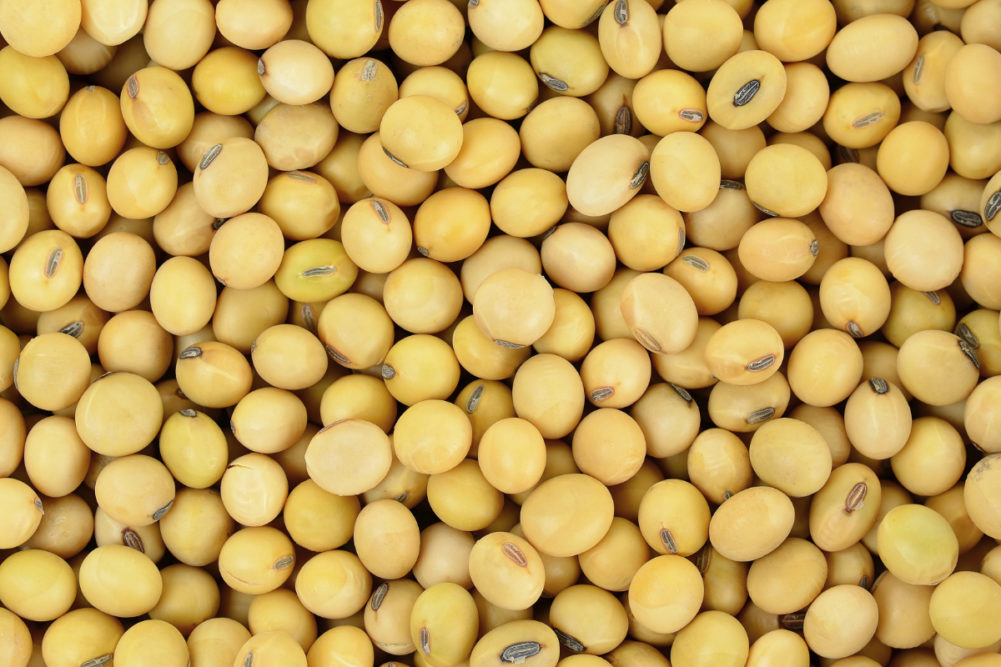BRASILIA, BRAZIL — Brazil soybean exports in 2020-21 are forecast to reach 84 million tonnes, which would top the previous record of 83.7 million tonnes set in 2017-18, according to a July 14 Global Agricultural Information Network report from the US Department of Agriculture (USDA).
The USDA said the forecast is based on available supplies and an extremely favorable exchange rate.
The report said a continued weakness of the domestic currency is anticipated amid the expected sluggish economy grappling with the affects of the global coronavirus (COVID-19) pandemic. As of mid-June, the Brazilian government forecast GDP to shrink by 7% in 2020.
Brazil’s nearly 2 million cases of COVID-19 ranks second in the world behind the United States.
“The export forecast assumes that global demand for soybeans will not see a severe downturn connected with the coronavirus pandemic,” the USDA said. “Unlike a multitude of other sectors, soybean consumption has limited elasticity. In China and Europe — key soybean importers — despite the economic slowdown, meat consumption is not likely to suffer a dramatic downturn.”
The USDA noted that in the 2019-20 marketing year, the much-maligned Brazilian grain transportation system outperformed expectations. Brazil’s largest port located outside of São Paulo in Santos loaded a record 4.6 million tonnes of soybeans in April, up 68% year over year. Similarly, the port of Paranagua shipped 2.4 million tonnes of soy and soy products in May, twice the amount shipped during the same month in 2019.
“Containment of coronavirus has been key to the Brazilian ports’ performance,” the USDA said. “Early on in the pandemic, rumors of a strike at Santos forced the government and private industry to come up with an enhanced protection and mitigation protocol to ward off coronavirus outbreaks. At the port of Santos, managers also developed contingency plans to hire contracted workers if absenteeism put operations at risk.
“Although there have been sporadic reports of workers testing positive for coronavirus at various export terminals of Brazilian ports, as of late June there were no reports of contagion.”




